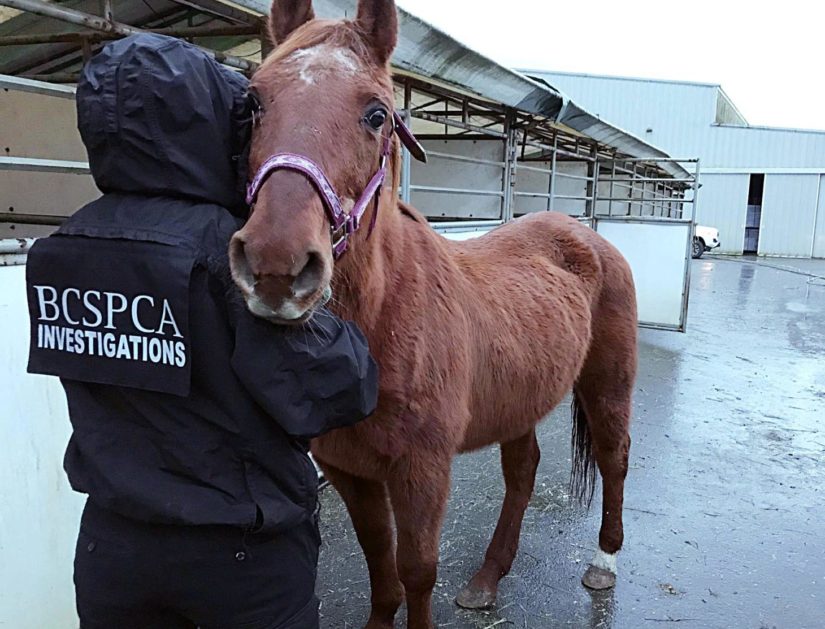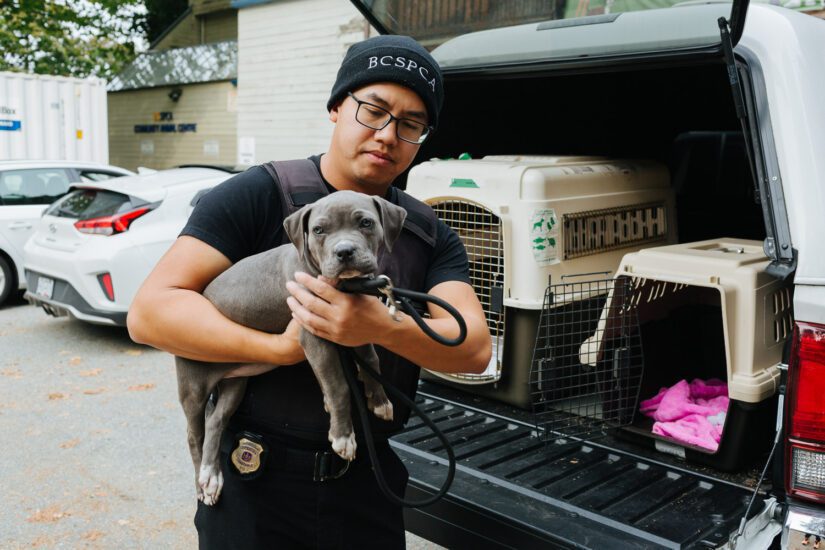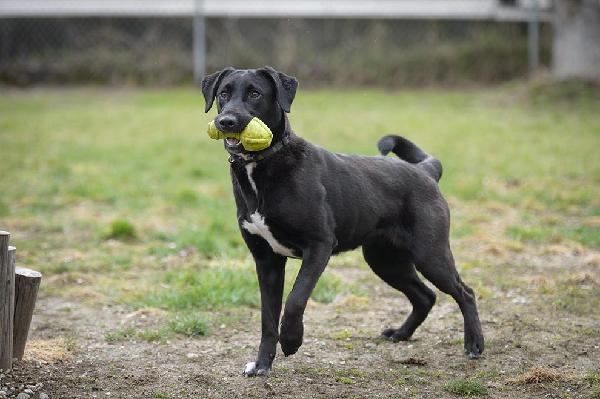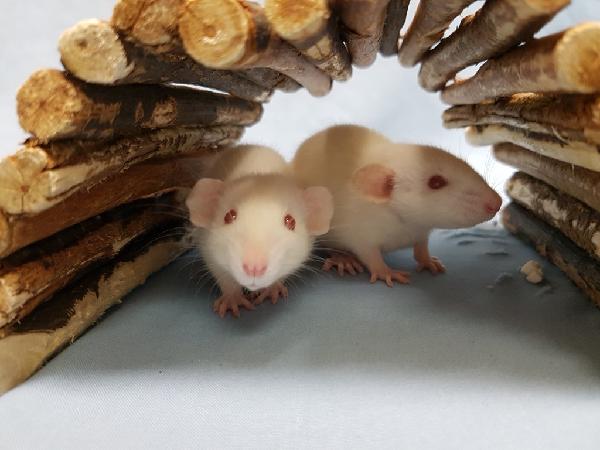Animal protection
PCA Act
The BC SPCA derives its powers to investigate and take action in instances of animal cruelty from the Prevention of Cruelty to Animals Act (PCA Act).
We are the only animal welfare organization in B.C. with the authority to enforce laws relating to animal cruelty and to recommend charges to Crown Counsel for the prosecution of those who inflict suffering on animals.
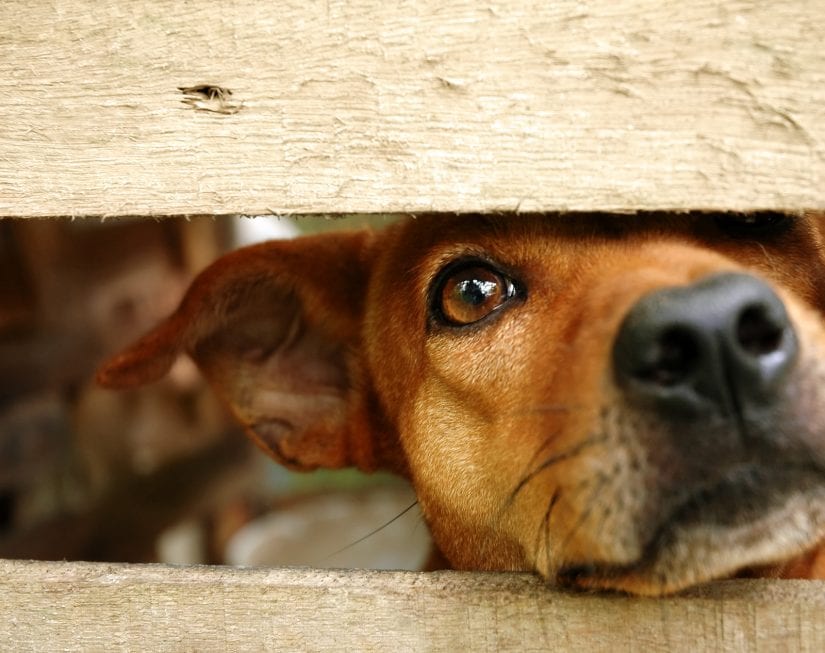
Criminal Code of Canada
It is a crime in Canada to intentionally harm animals. Anyone who deliberately harms animals can be charged under the Criminal Code of Canada.
The Criminal Code of Canada deals specifically with cruelty to animals in sections 444 to 447.
Our Animal Protection team can recommend charges for Crown Counsel for the prosecution of individuals who inflict suffering on animals under the Criminal Code of Canada.

Read our position on the sale of pets from pet stores (PDF).
What are the concerns with buying from a pet store?
- You don’t know where the animals came from. What if they were living in filth and their mothers were abused or neglected? They might have costly genetic (PDF), health and behaviour problems their entire lives. Learn more about good and bad breeders.
- Many stores carry animals that they have no expertise or knowledge to care for. These animals are not given the Five Freedoms. Many just want a safe place to hide and rest and enough space and things to do. Often, cramped housing conditions don’t meet even their most basic needs.
- When animals are transported to the pet store, they are often in cramped containers. Many animals, especially small animals like fish and gerbils, will die during transport.
- If you buy from a pet store, you are creating a space for another animal to be brought in, continuing a cycle of pain and suffering.
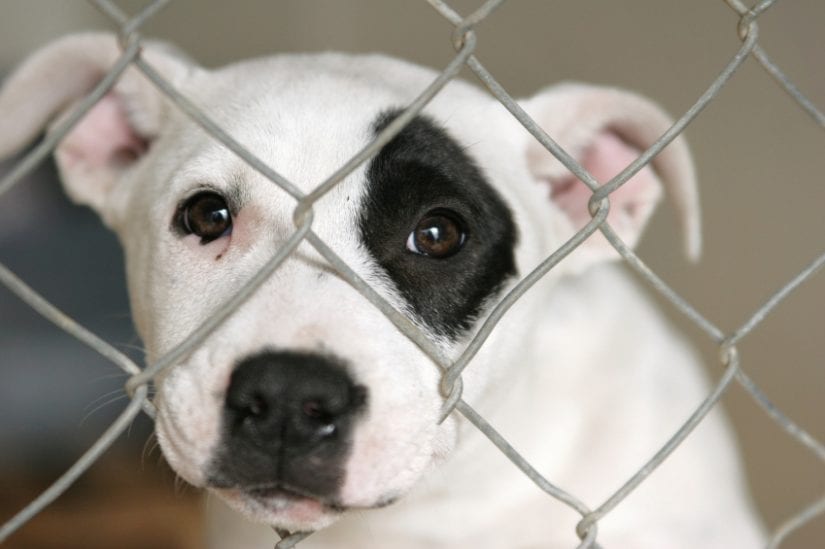
What happens to pet store animals who aren’t sold?
Just like with inventory in retail, animals go on sale. If the animal is marked down and no one purchases her, the store may give the animal away or try to return her to the breeder. After a very low cost sale of an animal that has high care costs, the store will think twice and will not purchase another, be it a puppy, turtle or gecko.
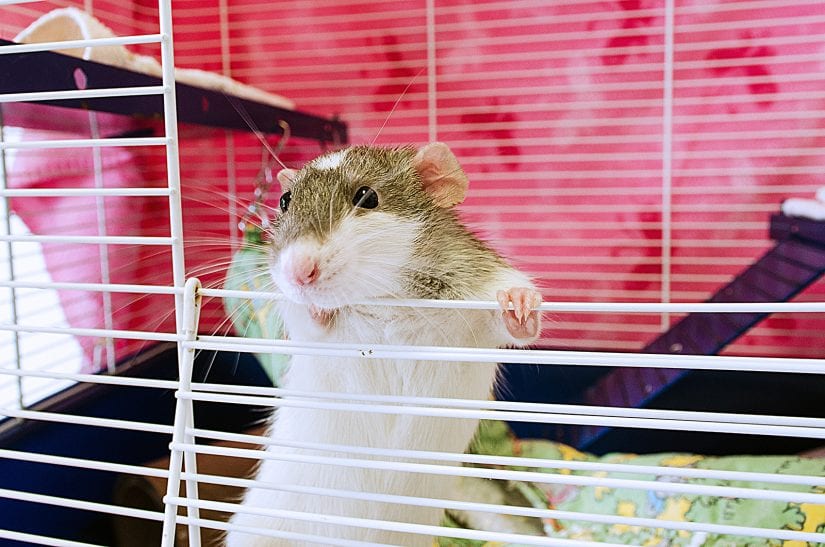
Are you worried about the well-being of an animal you saw in a pet store?
If you believe an animal you have seen may be in distress, call the BC SPCA Animal Helpline at 1-855-622-7722.
An animal is in distress, according to the Prevention of Cruelty to Animals Act (PCA Act), if it is:
(a) Deprived of adequate food, water, shelter, ventilation, light, space, exercise, care or veterinary treatment,
(a.1) Kept in conditions that are unsanitary,
(a.2) Not protected from excessive heat or cold,
(b) Injured, sick, in pain or suffering, or
(c) Abused or neglected.
Get more information on animals in distress and how you can help report animal cruelty.

The BC SPCA believes that all animals should enjoy, as a minimum, five essential freedoms, which were first described by the Farm Animal Welfare Council of the UK:
- Freedom from hunger and thirst
- Freedom from pain, injury and disease
- Freedom from distress
- Freedom from discomfort
- Freedom to express behaviours that promote well-being
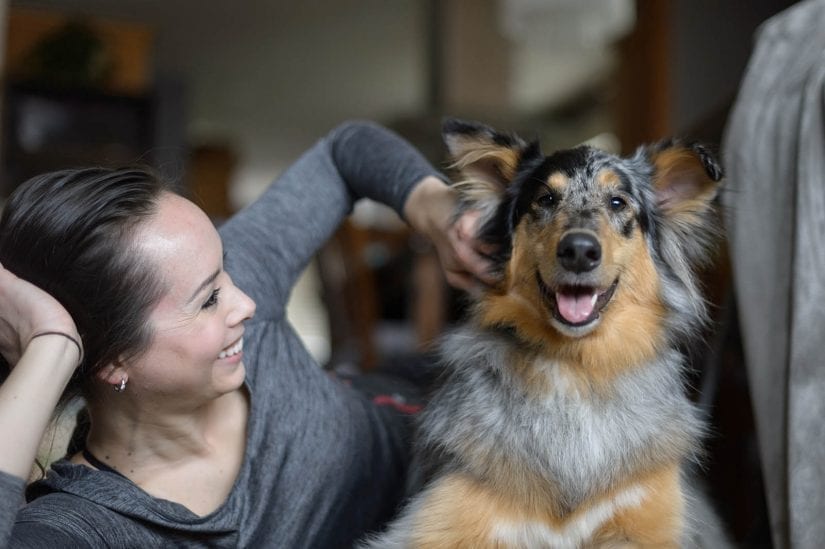
What does animal welfare mean?
The objectives of the BC SPCA are to prevent cruelty and to promote the welfare of animals. Animal welfare means an animal’s quality of life, and it is affected by animals’ physical health and the feelings they experience.
Animals experience good welfare when they are able to experience positive feelings (arising from pleasurable activities and the fulfillment of behavioural needs) and when they are free from poor physical health and negative feelings (such as pain, discomfort, hunger, thirst, fear and frustration).
Animals that are healthy, pain-free, comfortable and unstressed are said to have good welfare.

If you’re concerned that an animal may be in distress, call us. Your actions could help save an animal, and you may also be protecting children or adults at risk of being harmed.
To report an animal in distress (farm animals, domestic animals and wildlife), please call the BC SPCA Animal Helpline: 1-855-622-7722, open 8:00 a.m. to 6:00 p.m., seven days per week. Closed on Statutory holidays except for wildlife calls in the South Vancouver Island Region (Wild ARC) from 8 to 4:30 p.m.
If this is an animal emergency outside of these hours, please contact your local police department , RCMP or the Conservation Officer Service (RAPP).

How the BC SPCA can help animals in distress
Our Animal Protection Officers respond to all complaints of animal cruelty and neglect, and can get involved whenever any animal, with the exception of species at risk or wildlife that are not in captivity, is found in distress. In severe cases, they may seize animals and recommend animal cruelty charges.
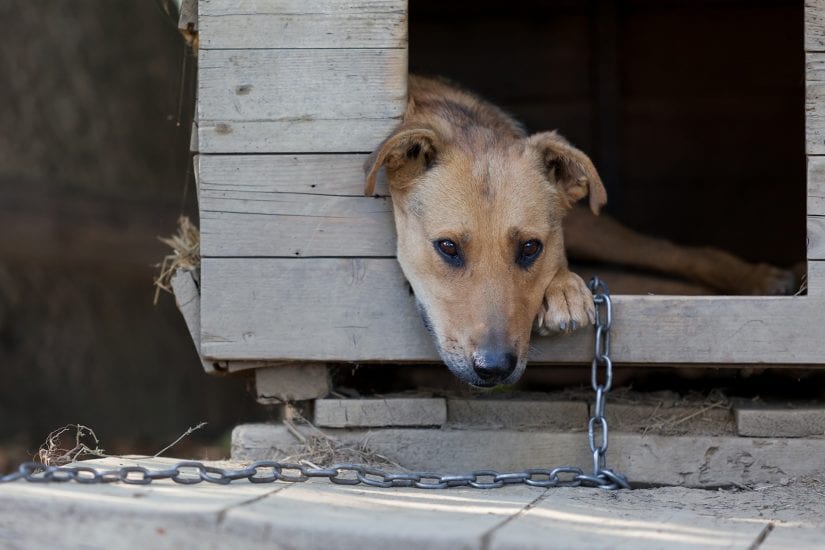
How to recognize an animal in distress
An animal is in distress, according to the Prevention of Cruelty to Animals Act (PCA Act), if it is:
(a) Deprived of adequate food, water, shelter, ventilation, light, space, exercise, care or veterinary treatment,
(a.1) Kept in conditions that are unsanitary,
(a.2) Not protected from excessive heat or cold,
(b) Injured, sick, in pain or suffering, or
(a.2) Not protected from excessive heat or cold,
(b) Injured, sick, in pain or suffering, or
(c) Abused or neglected.
The following examples may help you to recognize signs that an animal is in distress and needs help. Warning: graphic photos are included and viewer discretion is advised.
- Thin and emaciated: Extremely thin, rib bones and hip bones are visible. This could indicate starvation or illness. Photo Example – caution: graphic
- Little to no access to shelter, food or water: All companion, farm and captive wildlife should have access to food, water and shelter from the elements.
- Wounded or injured: May have an obvious wound or be limping, or a guardian physically abusing an animal by hitting or kicking.
- Coat in poor condition: Could indicate a flea or tick infestation. – Photo Example, Photo Example, Photo Example – caution: graphic
- Hair badly matted: Can cause distress to an animal. Photo Example, Photo Example, Photo Example – caution: graphic
- Overgrown or neglected nails or hooves: Photo Example, Photo Example– caution: graphic
- Untreated infections: Photo Example, Photo Example– caution: graphic
Cruelty to Farm Animals
Cases where farm animals suffer as a result of “generally accepted management practices” cannot be prosecuted under the PCA Act. However, people who allow their farm animals to be in distress as a result of inadequate basic care can be prosecuted.
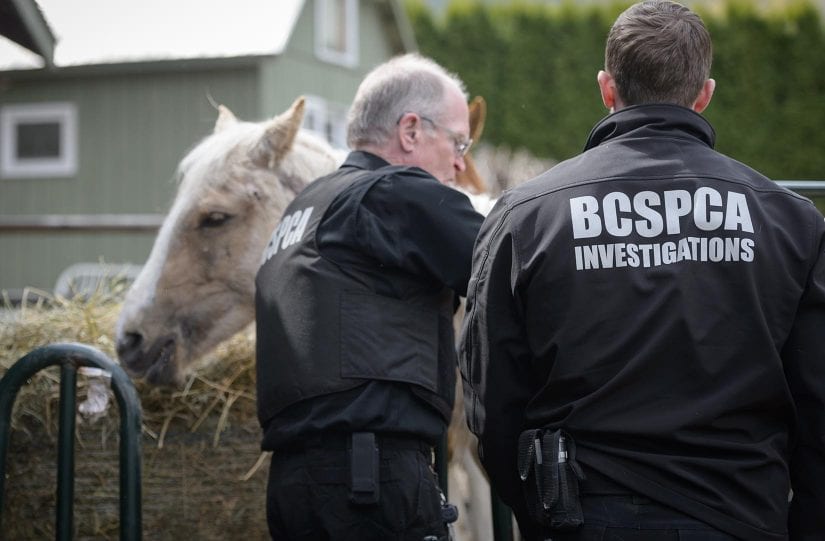
Learn more about the BC SPCA’s Farm Animal Welfare programs, and how the BC SPCA is working to improve the standards of care for farm animals.
The BC SPCA is not able to provide details on active investigations into animal cruelty cases, as doing so may compromise any potential charges or other legal actions we may take.
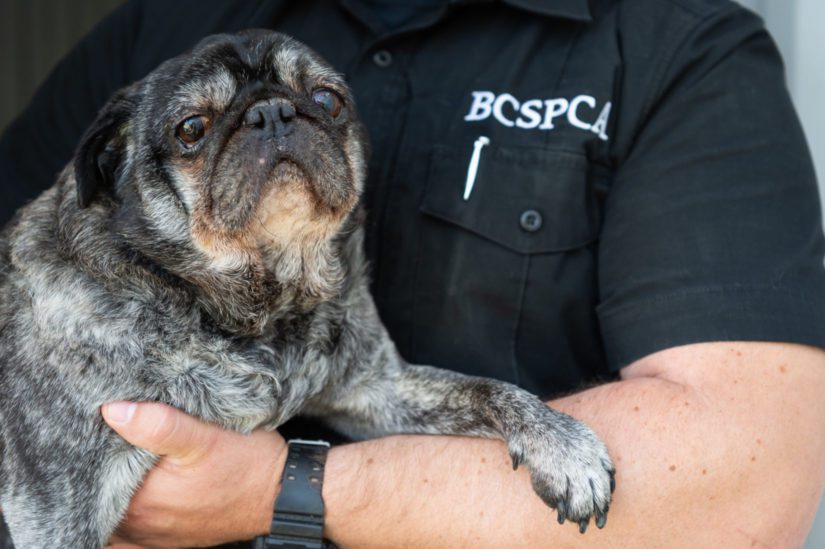
The BC SPCA is the only animal welfare organization that can investigate animal cruelty as established by the Prevention of Cruelty to Animals Act and the Constitution and Bylaws of the Society (PDF). We are guided by our Code of Ethics (PDF).
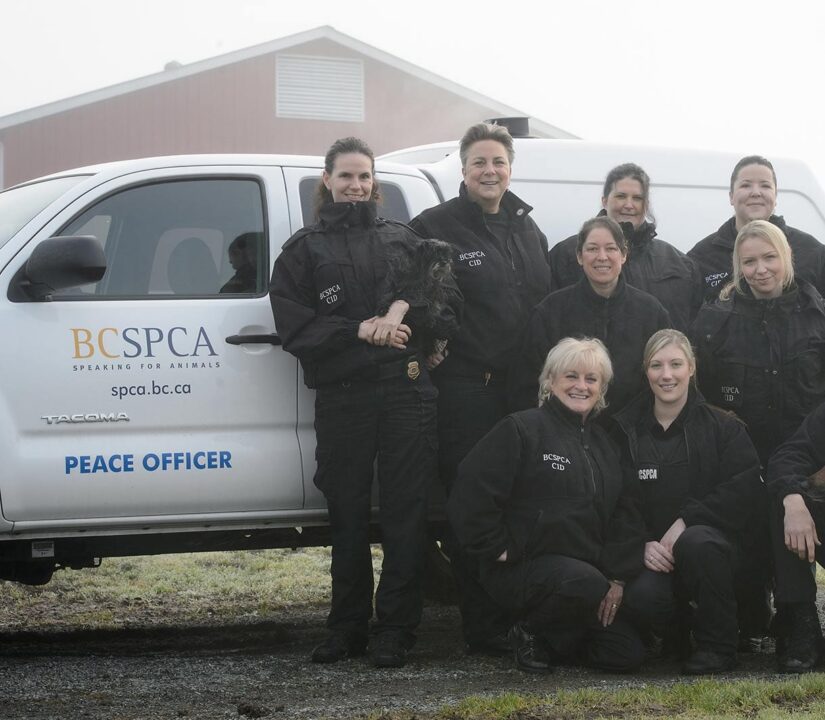
Animal Control agencies enforce city/municipal animal by-laws and, in some cities/municipalities, operate their own animal facilities. By-laws may include stray dogs, leash laws and licensing.
In some BC SPCA animal centres, we are contracted by the city/municipality to enforce the by-laws or kennel stray dogs and/or cats. Contact your local animal centre to determine what services we provide in your community.
Please call the BC SPCA Animal Helpline at 1-855-622-7722 to report animal cruelty.
Yes. When you make a report with one of our Animal Helpline operators, let them know that you would like to report anonymously and they will not take your personal information.
Your information could be released in the event of a court order, legal proceeding, another law enforcement agency investigation or if we ask you to provide a statement so that we can obtain a search warrant.
Providing us with your contact information allows our animal protection officers to contact you with additional questions, if necessary. If you wish to be contacted regarding the outcome of the investigation, we can only do so if we have your contact information, otherwise no follow-up information will be available to you at any time.
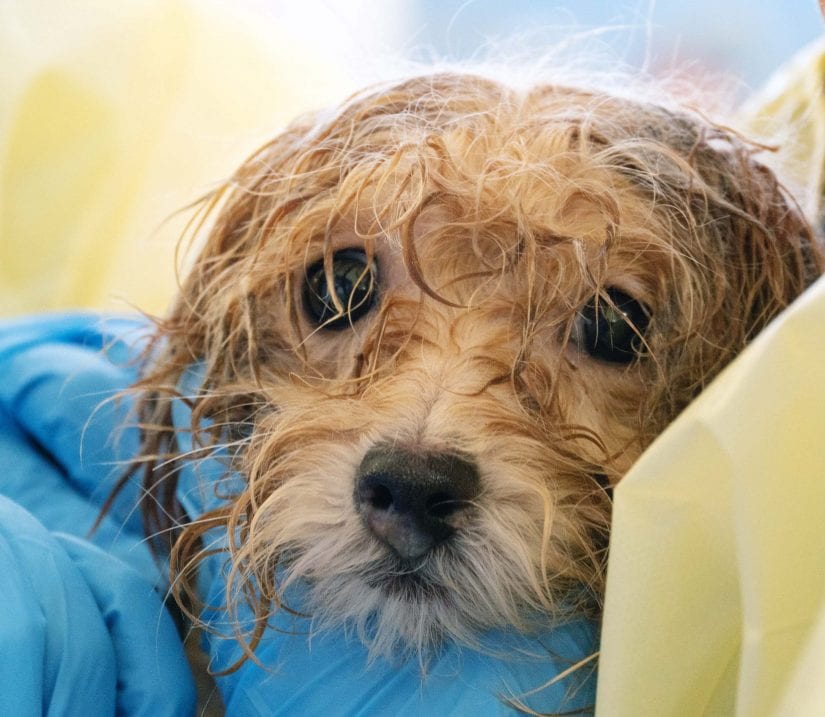
The Prevention of Cruelty to Animals Act (PCA Act) is the provincial animal welfare legislation that outlines required standards of care. The BC SPCA was created under the auspices of the PCA Act, and that’s what gives it the power to investigate and take action on animal cruelty cases. It also details the BC SPCA’s constitution and powers of inspection and enforcement.
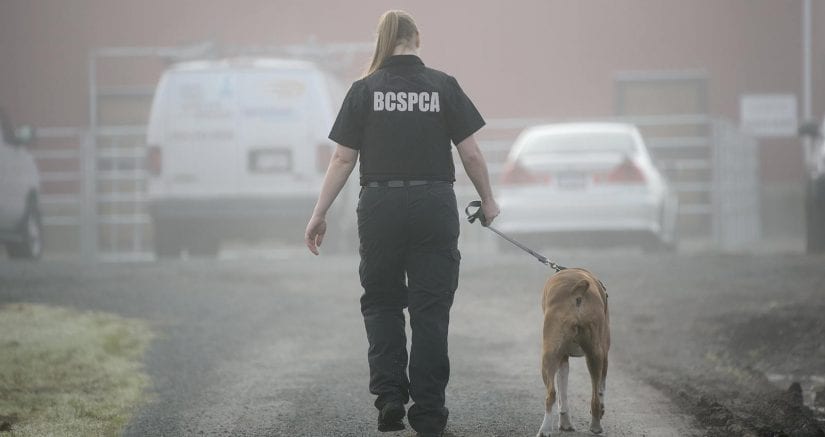
The BC SPCA is the only animal welfare organization in B.C. with the authority to enforce laws related to animal cruelty. In 2008, we successfully campaigned for amendments to the Act that significantly increased protection for abused and neglected animals in B.C.
We continue to propose and support amendments to strengthen the Act. For example, in July 2015, the B.C. Ministry of Agriculture announced a new regulation to adopt the Codes of Practice for the Care and Handling of Dairy Cattle into the PCA Act, specifically outlining what is considered a ‘generally accepted practice’. The inclusion of the Codes complemented our work with the BC Dairy Association, the BC Milk Marketing Board and the dairy industry to improve the welfare of dairy cattle.
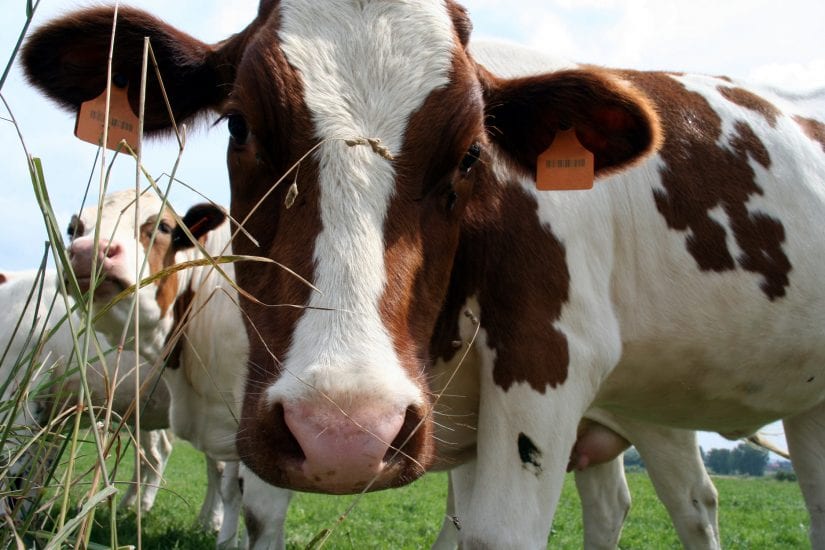
In February 2017, the BC SPCA applauded the government of B.C’s move to target irresponsible dog and cat breeders. The proposed amendments to the PCA Act would enable the B.C. government to regulate commercial breeders through either a registration or licensing system that will help ensure commercial cat and dog breeders are treating animals with the respect and care they deserve.
Investigating reports of animal cruelty and seizing animals in distress is both rewarding and challenging. It’s a job that requires a unique set of skills and the right personality type.
The best way to find out if it’s the right job for you is to start by working in a BC SPCA animal centre to gain experience shadowing Animal Protection Officers and participate in initial investigations.
Currently, we employ 33 Animal Protection Officers throughout the province. Should an opening become available, the job opportunity will be posted on our website.
To learn more, download a description of qualifications, experience and skills required to become a Animal Protection Officer (PDF) with the BC SPCA.
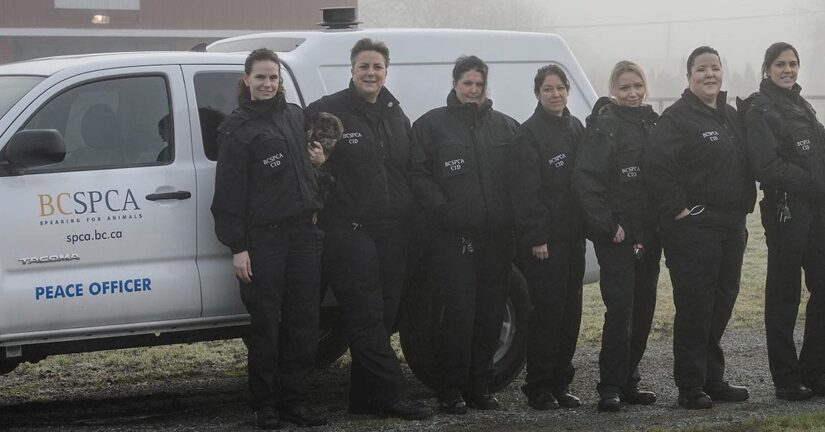
Step 1 – Gathering information
When the BC SPCA Animal Helpline (1-855-622-7722) receives a cruelty complaint, an Animal Helpline operator will gather information from the caller, including but not limited to:
- The caller’s name, phone number and address: While we do accept anonymous reports, contact information is very important in the event that the animal protection officer who investigates the complaint has any questions or difficulty locating the property. Also, if legal action is pursued, we may require a statement.
- The person of interest’s information: Address and name (if known) as well as physical description and whether the caller believes they might be violent.
- A detailed description of the animal(s) and the concerns. Also location of animals if different from the person of interest’s address.
- Date and time of the incident or when the animal was last observed.
All of these questions are necessary to ensure we provide the animal protection officers with as much information as possible to assist them in their investigation.
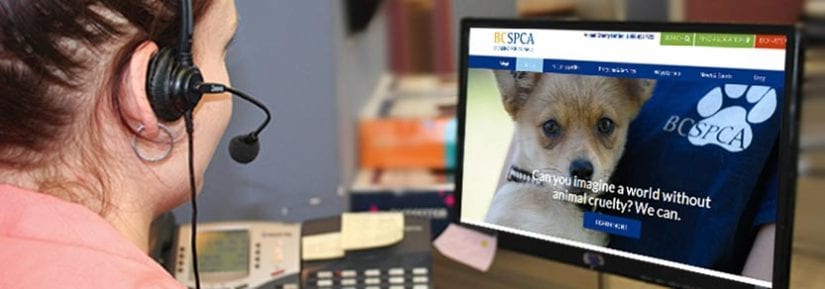
Step 2 – Investigating the complaint
An animal protection officer will review the complaint and attend the premises.
Our response time will depend on the number and priority of calls at the time, as well as the location of the animals reported. The officers will attend as soon as they are able, however it is important to remember that the BC SPCA is a non-profit organization with only 30 full time officers for the whole province.
If the animal protection officer attends and finds the complaint to be unfounded, we will close the file with no further action. If the complaint is valid and there are animals in distress, the officer must give the owner the opportunity to relieve the distress within a reasonable period of time. In doing so the officer would issue the owner with notice(s).
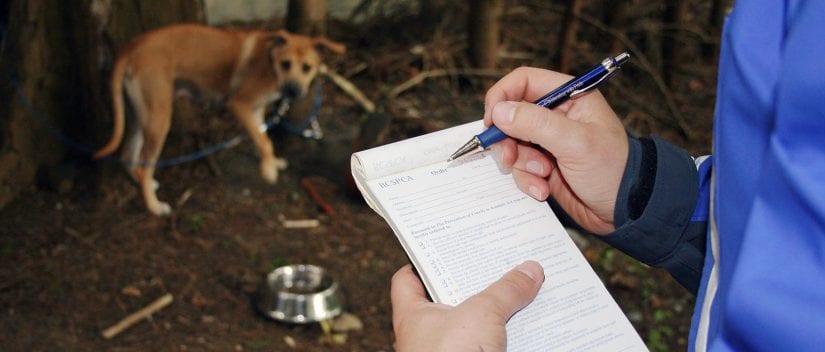
Step 3 – Resolving the issue
If the owner complies within the provided time period, we will close the file. If the owner does not comply within the time period, the animal protection officer may either issue new notices, provide additional time (depending on the circumstances) or apply for a warrant to seize the animal(s).
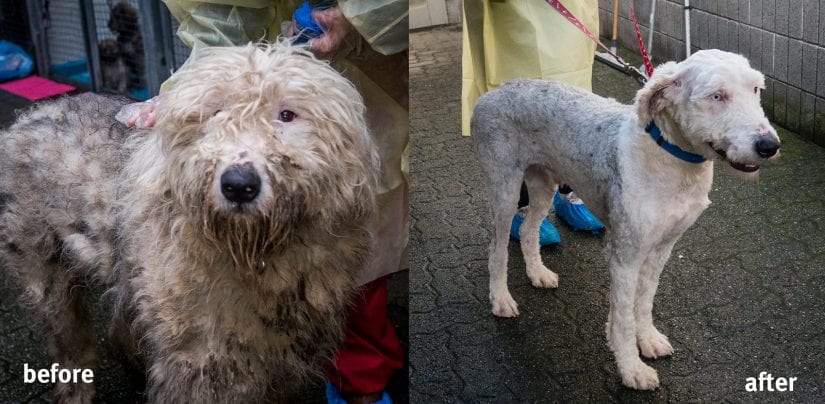
Yes. The BC SPCA complies with the Personal Information Protection Act.
Your information could be released in the event of a court order, legal proceeding, another law enforcement agency investigation or if we ask you to provide a statement so that we can obtain a search warrant.
Providing us with your contact information allows our animal protection officers to contact you with additional questions, if necessary. If you wish to be contacted regarding the outcome of the investigation, we can only do so if we have your contact information, otherwise no follow-up information will be available to you at any time.
